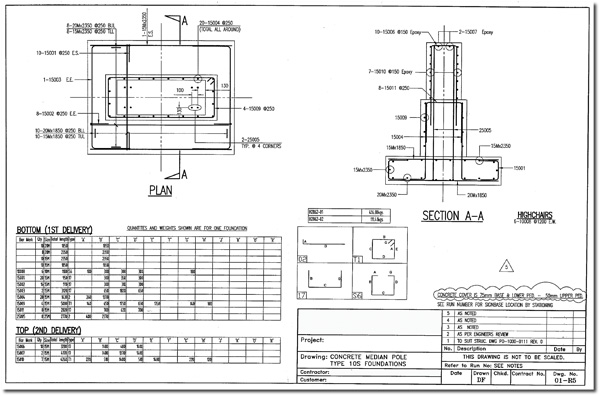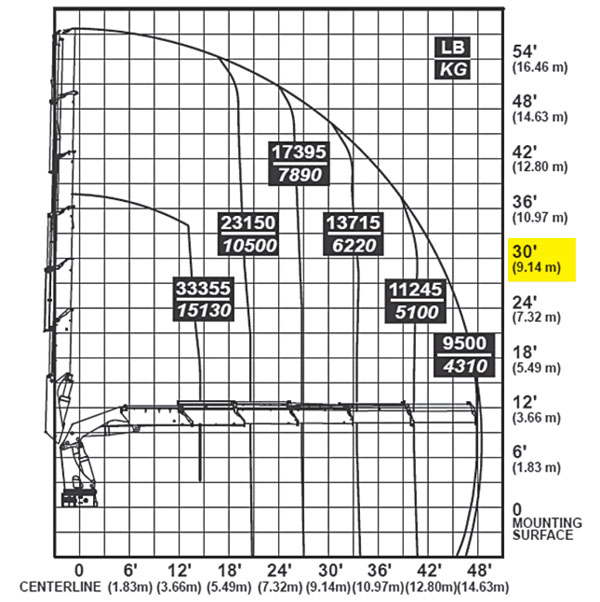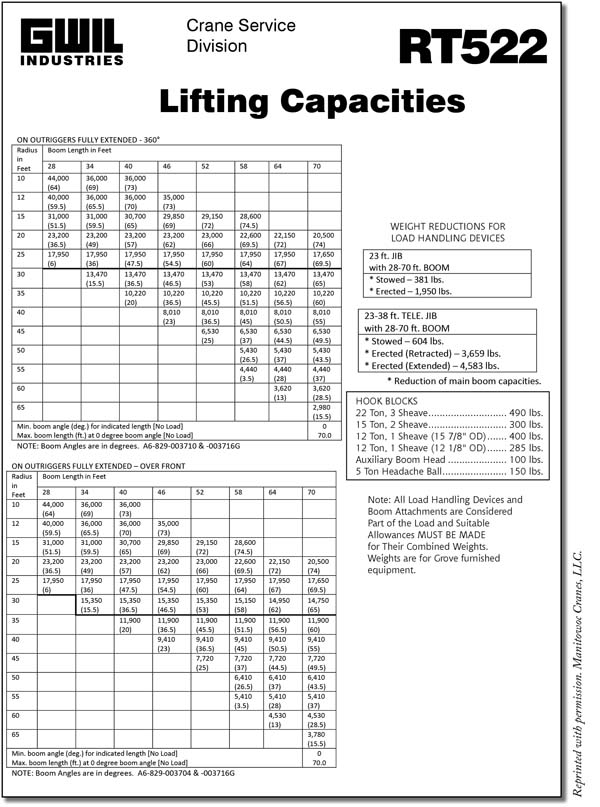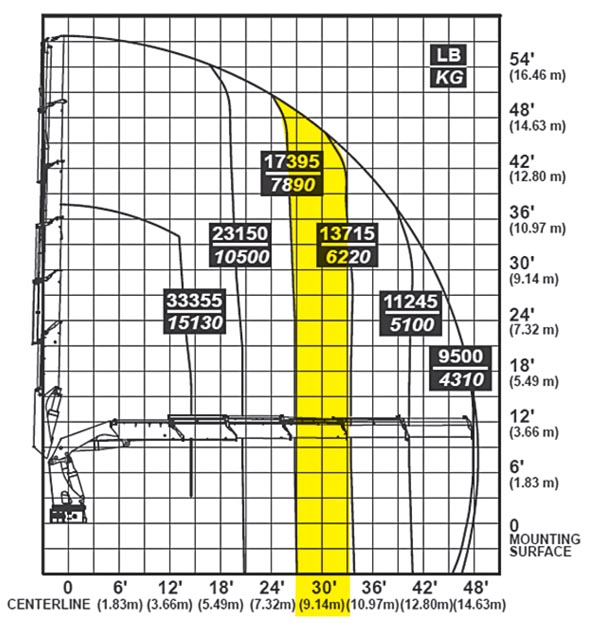It may seem like a waste of time to ask easy questions when your lesson for the day is calculating lifting capacities or reading foundation plan specifications. But taking the time to ask your apprentices easy questions is no different than taking advantage of another teaching opportunity.
Examples of easy questions include:
“What type of drawing is this?” or “What does TLL mean in the drawing?”

“What is the equivalent of 30’ in metres?”

A question such as “What does BLL mean in the drawing?” has a dual purpose. You want to know if the apprentice knows what BLL means, but also if they can find where abbreviations are explained in the document. They can use this information to answer more challenging questions that require locating specific details to make calculations.

In addition to teaching apprentices how to find information, you can teach them specialized knowledge by asking questions. By asking a question such as “Which load chart should be used for loads lifted over the side?” you are directing attention to the fact that there are different capacities for lifting over the side and over the front.

Sometimes information may not be where you expect it to be. Your purpose is not to confuse or trick apprentices, so ask a question to draw their attention to the unusual characteristic.
For example, you are teaching a lesson on using load charts. Information in the document on gross capacities is to the left of the labelled capacity, not the right, which is opposite to the direction we read. Ask apprentices a question that will make them aware of this difference.

“Easy questions” may seem unnecessary when you have been teaching more challenging concepts. But questions like these should be included in your teaching because of the important purpose they serve.
It’s possible to tell apprentices what you want them to know instead of asking them these questions. You could tell them where to find information, or tell them what the specialized knowledge is, but you would be missing an opportunity to assess their ability to find and understand information.
Take the time to ask those “easy” warm-up questions. They are mini lessons that prepare apprentices for what they need to know before facing more challenging tasks.